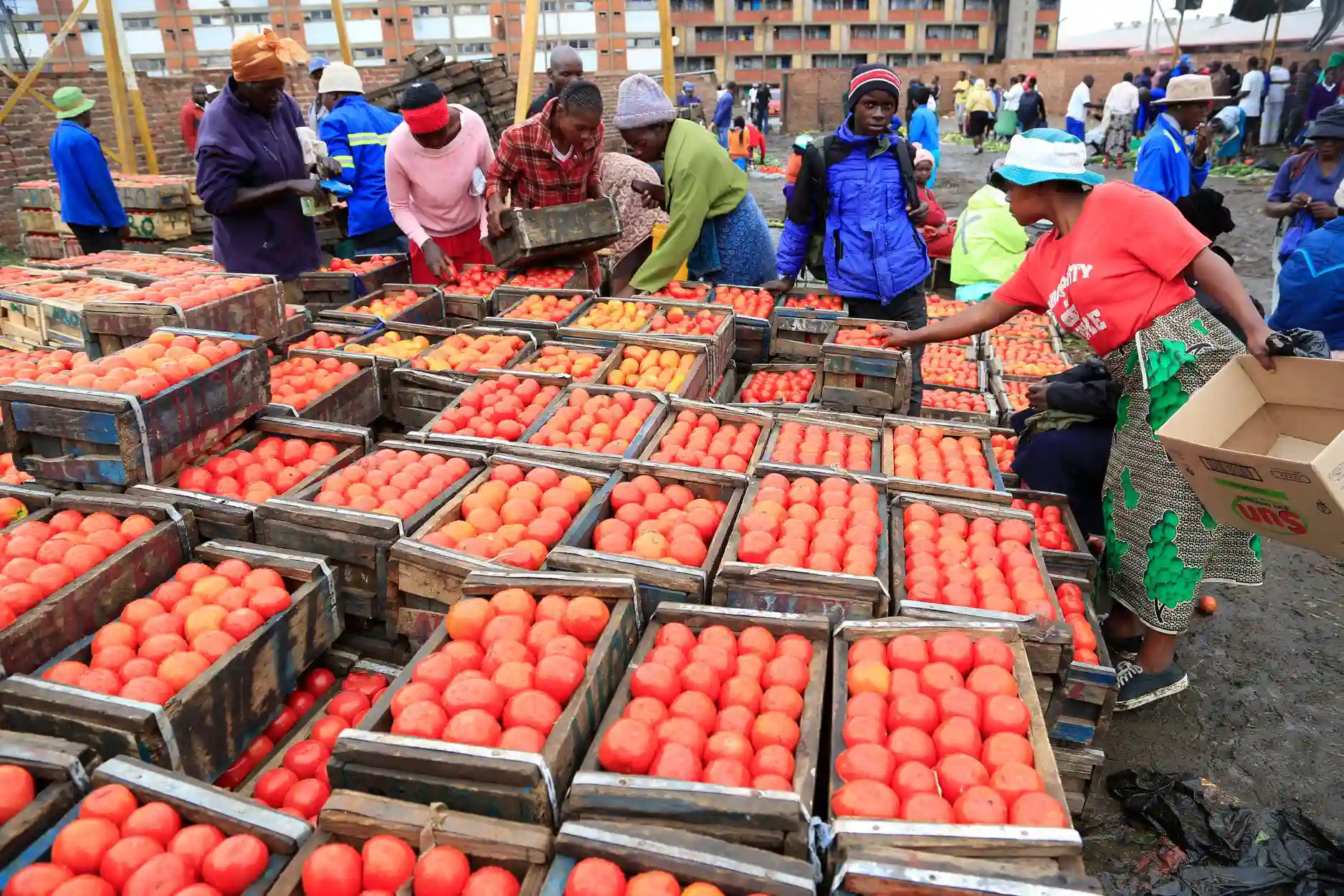The government has begun a consultative process with key stakeholders leading to the formulation of a comprehensive Small to Medium Enterprises (SMEs) Formalisation Strategy.
Under the National Development Strategy 1 (NDS1), the blueprint that guides the country’s development between 2021 to 2025, unlocking the potential of SMEs is one of the critical steps towards fostering inclusive economic transformation.
SMEs have become dominant economic players in Zimbabwe but a majority of them still operate informally hence the need to prioritise the development of SMEs and facilitate their formalisation.
This would be achieved partly through the provision of decent workplaces, facilitating access to finance, skills training and information sharing, among others.
The interventions, which are coordinated by the Ministry of Women Affairs, Community, Small and Medium Enterprises Development, are expected to increase both incomes and productivity of the informal sector workers. Reads the ministry statement shared with different stakeholders:
The Government of Zimbabwe through the Ministry of Women Affairs, Community, Small and Medium Enterprise will be conducting public consultative meetings with all stakeholders in the informal sector on the development of the formalisation strategy and the consultations will be held in all provinces from 22 to 26 November 2021.
The consultative processes began Monday in Gutu in Masvingo province and Hwange in Matabeleland North.
Today the teams will be in Masvingo Central followed by Lupane tomorrow and Bulawayo on Thursday.
Nyanga in Manicaland and Plumtree in Matabeleland South will be covered on Friday. Input from these platforms will be used to guide the formalisation process.
While the informal sector is already contributing much to the economy, experts say the hard-to-tax sector can contribute more towards the transformation of the economy if it is formalised.
More: The Chronicle

